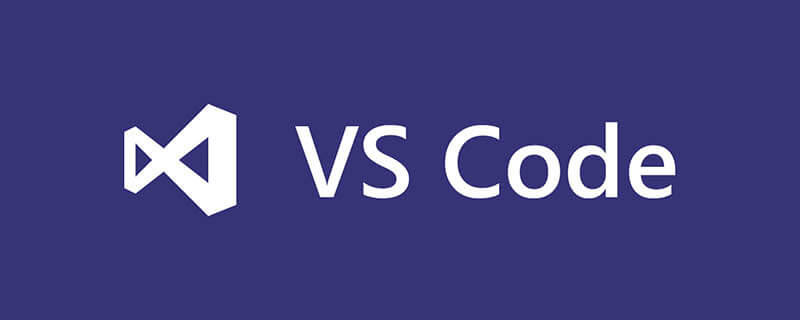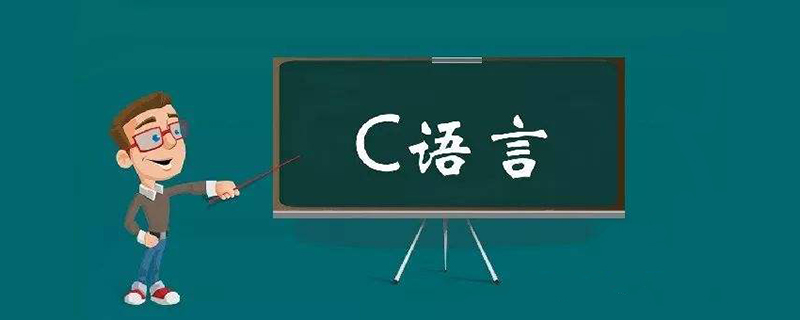scanf is a C language function that reads data from standard input and stores it in a specified variable. Its functions include: reading data from standard input. Parses data into variables according to the specified format. Store the parsed data into the specified variable.

The meaning of scanf in C language
scanf is a formatted input function in C language, used Used to read data from standard input (usually the keyboard) and store it in a specified variable.
Function
- Read data from standard input.
- Parse data into variables according to the specified format.
- Store the parsed data into the specified variable.
Syntax
int scanf(const char *format, ...);
-
formatis a string specifying the format of the data. -
...is a variadic parameter list containing pointers to variables to be read.
Working principle
- scanf reads characters one by one according to the provided format string.
- It identifies format specifiers (such as
%d,%f) that specify the type of data to be read. - scanf Converts the read data to the specified data type and stores it in the corresponding variable.
Usage
scanf is usually used with the printf function for interactive programs.
For example:
int num;
printf("输入一个整数:");
scanf("%d", &num); // 从控制台读取一个整数并将其存储在变量 num 中Notes
- scanf requires a variable pointer as a parameter because it directly modifies the value of the variable.
- The format string must match the variable type from which data is to be read.
- If whitespace characters are used in the format string, scanf will skip the whitespace characters before reading the data.
The above is the detailed content of The meaning of scanf in c language. For more information, please follow other related articles on the PHP Chinese website!
 (超详细)VScode中配置C语言环境的方法Dec 05, 2022 pm 07:05 PM
(超详细)VScode中配置C语言环境的方法Dec 05, 2022 pm 07:05 PMVScode中怎么配置C语言环境?下面本篇文章给大家介绍一下VScode配置C语言环境的方法(超详细),希望对大家有所帮助!
 c语言中node是什么意思Jul 06, 2022 pm 03:51 PM
c语言中node是什么意思Jul 06, 2022 pm 03:51 PM在C语言中,node是用于定义链表结点的名称,通常在数据结构中用作结点的类型名,语法为“struct Node{...};”;结构和类在定义出名称以后,直接用该名称就可以定义对象,C语言中还存在“Node * a”和“Node* &a”。
 c语言怎么将数字转换成字符串Jan 04, 2023 pm 03:20 PM
c语言怎么将数字转换成字符串Jan 04, 2023 pm 03:20 PMc语言将数字转换成字符串的方法:1、ascii码操作,在原数字的基础上加“0x30”,语法“数字+0x30”,会存储数字对应的字符ascii码;2、使用itoa(),可以把整型数转换成字符串,语法“itoa(number1,string,数字);”;3、使用sprintf(),可以能够根据指定的需求,格式化内容,存储至指针指向的字符串。
 c语言开根号运算符是什么Mar 06, 2023 pm 02:39 PM
c语言开根号运算符是什么Mar 06, 2023 pm 02:39 PM在c语言中,没有开根号运算符,开根号使用的是内置函数“sqrt()”,使用语法“sqrt(数值x)”;例如“sqrt(4)”,就是对4进行平方根运算,结果为2。sqrt()是c语言内置的开根号运算函数,其运算结果是函数变量的算术平方根;该函数既不能运算负数值,也不能输出虚数结果。
 c语言数组如何初始化Jan 04, 2023 pm 03:36 PM
c语言数组如何初始化Jan 04, 2023 pm 03:36 PMC语言数组初始化的三种方式:1、在定义时直接赋值,语法“数据类型 arrayName[index] = {值};”;2、利用for循环初始化,语法“for (int i=0;i<3;i++) {arr[i] = i;}”;3、使用memset()函数初始化,语法“memset(arr, 0, sizeof(int) * 3)”。
 c语言合法标识符的要求是什么Aug 27, 2020 pm 01:47 PM
c语言合法标识符的要求是什么Aug 27, 2020 pm 01:47 PMc语言合法标识符的要求是:1、标识符只能由字母(A~Z, a~z)、数字(0~9)和下划线(_)组成;2、第一个字符必须是字母或下划线,不能是数字;3、标识符中的大小写字母是有区别的,代表不同含义;4、标识符不能是关键字。
 c语言中源文件编译后生成什么文件Nov 23, 2022 pm 07:44 PM
c语言中源文件编译后生成什么文件Nov 23, 2022 pm 07:44 PMc语言编译后生成“.OBJ”的二进制文件(目标文件)。在C语言中,源程序(.c文件)经过编译程序编译之后,会生成一个后缀为“.OBJ”的二进制文件(称为目标文件);最后还要由称为“连接程序”(Link)的软件,把此“.OBJ”文件与c语言提供的各种库函数连接在一起,生成一个后缀“.EXE”的可执行文件。
 c语言中*p和p的区别是什么Nov 29, 2022 pm 06:03 PM
c语言中*p和p的区别是什么Nov 29, 2022 pm 06:03 PM区别:1、表示的含义不同,“*p”表示此指针指向的内存地址中存放的内容,“p”表示一个指针变量的名字,指此指针变量所指向的内存地址。2、输出的格式不同,“*p”输出的一般是一个和指针类型一致的变量或者常量,“p”输出的是一个16进制数, 输出一个指针的地址。3、功能不同,“*p”是让程序去那个地址取出数据,“p”用于存放的是地址。


Hot AI Tools

Undresser.AI Undress
AI-powered app for creating realistic nude photos

AI Clothes Remover
Online AI tool for removing clothes from photos.

Undress AI Tool
Undress images for free

Clothoff.io
AI clothes remover

AI Hentai Generator
Generate AI Hentai for free.

Hot Article

Hot Tools

MantisBT
Mantis is an easy-to-deploy web-based defect tracking tool designed to aid in product defect tracking. It requires PHP, MySQL and a web server. Check out our demo and hosting services.

Atom editor mac version download
The most popular open source editor

Dreamweaver Mac version
Visual web development tools

Notepad++7.3.1
Easy-to-use and free code editor

SublimeText3 English version
Recommended: Win version, supports code prompts!






